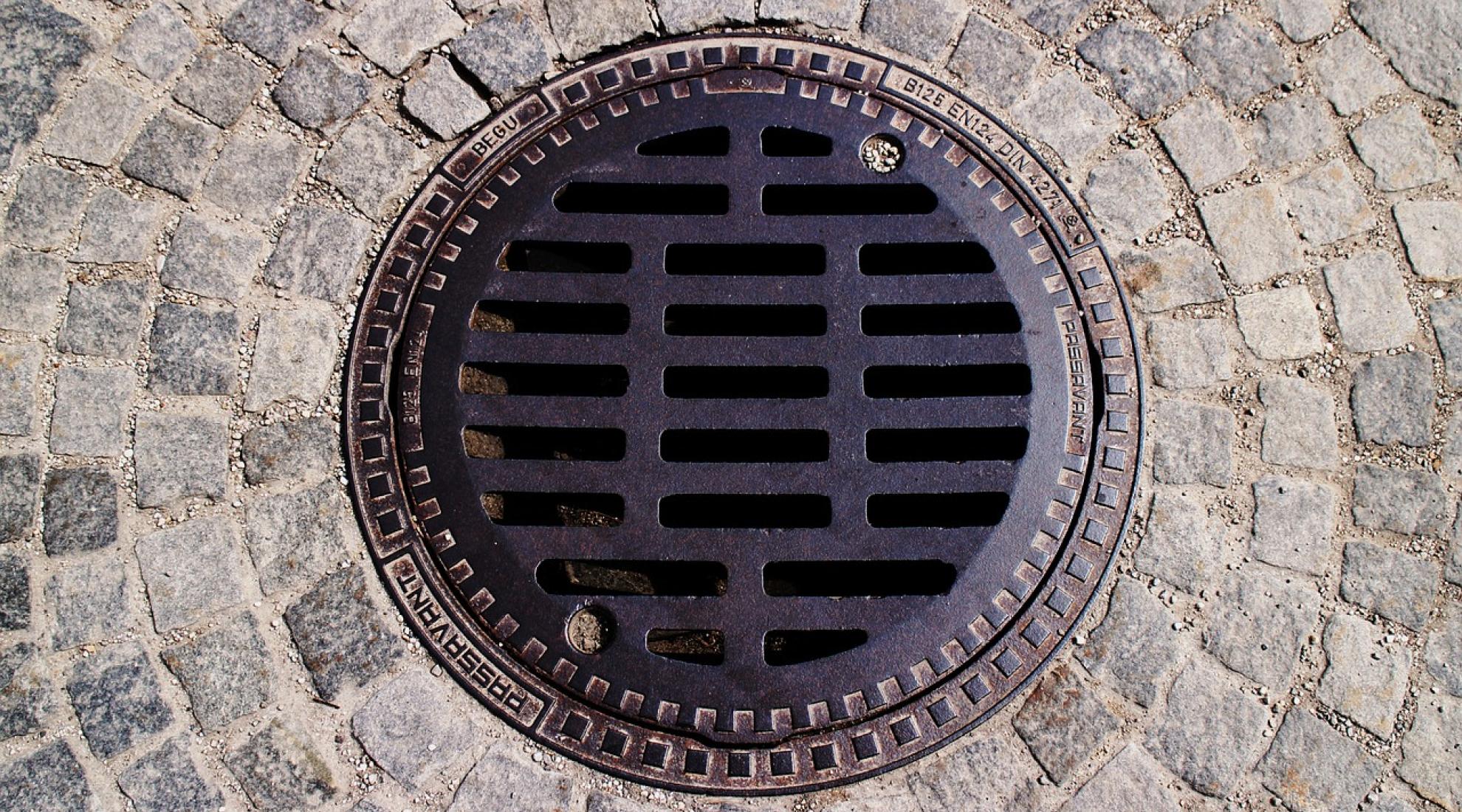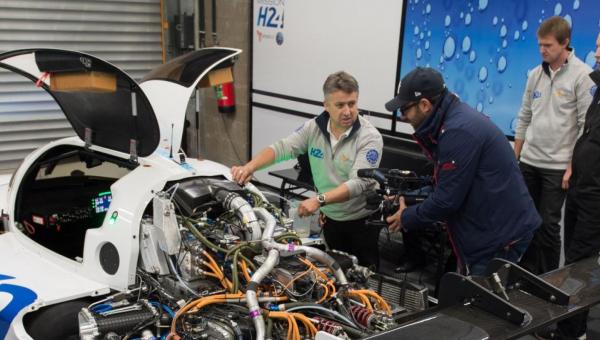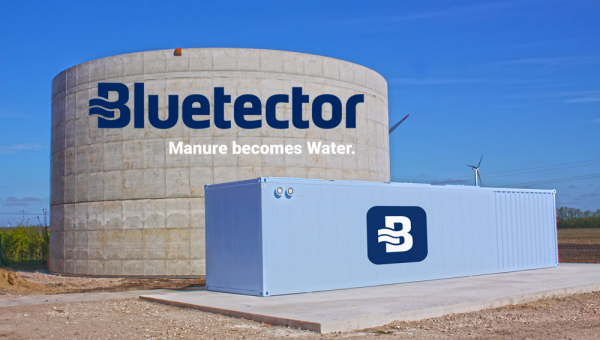Eliminating problematic pollutants from wastewater

A novel technology can efficiently eliminate a wide range of toxic and persistent organic pollutants from wastewater, including pesticides and pharmaceuticals.
Deep blue lakes, crystal-clear streams and rivers: Switzerland is Europe's water castle. It was a pioneer in connecting almost all households to a sewage treatment plant by the year 2000. But even today, traces of hormones, medicines, cosmetics, insecticides and chemicals can be found in the water, and most sewage treatment plants are still unable to filter them out.
A catalyst to fight micro-pollutants in wastewater
The ETH spin-off Oxyle is fighting such micro-pollutants. The company, which emerged from an ETH Zurich research project in 2020, has developed catalysts that also remove hormones, drugs, cosmetics and other persistent chemicals from the water cycle.
Unlike other technologies that simply filter water, our purification system removes pollutants by breaking them down into their constituents – similar to the way a car's catalytic converter breaks down exhaust fumes.
Eliminating contaminants before they enter the water cycle
According to the UN's World Water Development Report, 44% of wastewater flows back into our waters without adequate treatment. Oxyle's catalysts can prevent this at the pollutants' point of origin. The catalysts could, for example, be installed directly at industrial facilities, research laboratories and hospitals, as well as in water treatment plants. In this way, contaminants can be eliminated even before they enter the water cycle. This is an important step towards preserving water, the essential elixir of life, for future generations.
A catalyst system for larger applications
Oxyle has successfully completed several paid pilot projects with industrial companies in the pesticide, chemical, and pharmaceutical sectors as well as municipal customers since starting up in 2020, and received considerable funding for the projects' pre-seed rounds. The researchers are currently adapting the tested catalyst system for larger applications by means of a flow-through system. The goal here is to have the wastewater flow through a circuit instead of being treated in a closed tank, the current practice. To this end, Oxyle is working with other European organisations as part of a Eurostars project.




